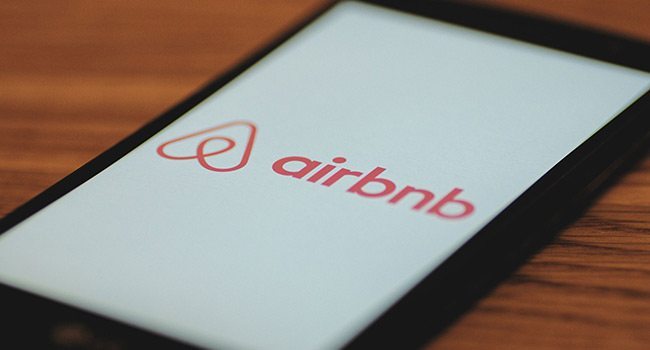This January, Arizona has taken two major steps toward embracing the peer-to-peer “sharing economy”. First, on January 1, 2017 a new law took effect which, among other things, prohibits municipalities and cities from banning people from listing short-term rentals on sites like Airbnb and VRBO. Second, the Arizona Department of Revenue began a partnership with Airbnb that will provide for the streamlining of tax payments to the state. Many have supported these actions a step forward in embracing new technologies and sources of revenue, while others caution of the potential unforeseen consequences.
With the large number of sports events and influx of winter visitors, Arizona is a popular destination for many guests seeking short term rentals via peer-to-peer exchanges. According to a report published by Airbnb, between January 1, 2015 and January 1, 2016, over 5,000 hosts provided rooms or entire houses available to over 131,000 guests via the website with the average host earning over $4,000 per year.
In signing SB1350 in May of 2016, Governor Ducey stated “It’s time for our laws to get with the times. The sharing economy offers people great services at the tip of their finger and the click of an app. Now, Arizona leads the nation in embracing the Sharing Economy, including the growing home sharing industry.”
While many are praising the enactment of the bill, some local leaders and those involved in the tourism industry have their concerns. One concern is that the law does not carve out prohibitions on the limits for the number of properties an investor may purchase for rental or for the number of days a home could be rented.
In voting against the bill, Sen. John Kavanagh (R-Fountain Hills) said, “I didn’t move into a neighborhood to have the house next door to me turned into a weekly rental property.”
Similarly, the American Hotel & Lodging Association, which represents the interests of many involved in the hotel industry have relayed their concerns about the operations of peer-to-peer exchanges, arguing that some properties are operated like “illegal hotels”. The AH&LA argues that “This unregulated commercial activity often compromises consumer safety, undermines job growth, increases housing costs while limiting affordable housing options and endangers the character and security of residential neighborhoods.”
In addition the enactment of SB1350, the new partnership between the Arizona Department of Revenue may also be a boon on entrepreneurs who list their homes on Airbnb. The partnership will connect the site directly with the AZDOR and allow the company to electronically file and pay the state and local transaction privilege taxes owed by hosts directly to the state. By collecting and remitting taxes directly to the state, Airbnb hosts will save the time and cost associated with filing and paying the taxes on their own.
In a statement announcing this partnership, Governor Ducey stated, “This groundbreaking agreement is a signal to entrepreneurs across the U.S. that Arizona is a state that empowers innovative companies like Airbnb to set up shop and expand their operations. Making it easier for companies to service Arizonans without jumping through an outdated tax and regulatory system is a win for everyone. It helps our economy grow, these companies expand, and the thousands of Arizonans who are benefiting from this new and exciting economy thrive.”




